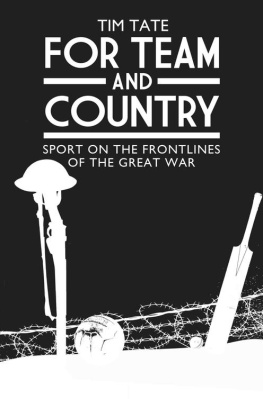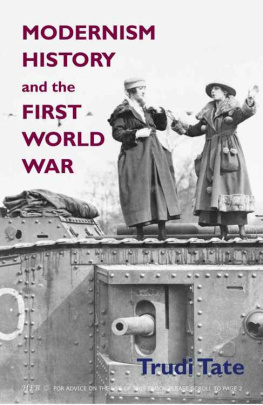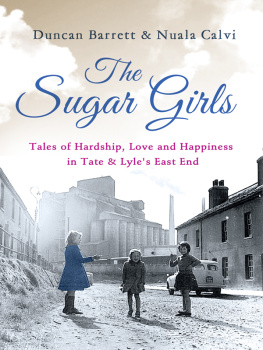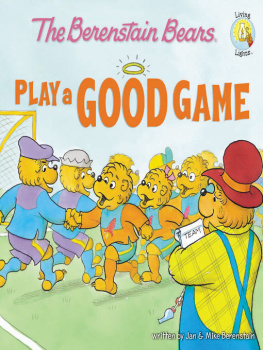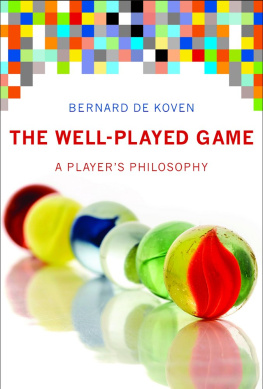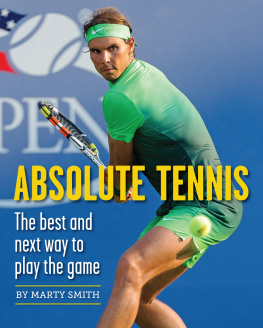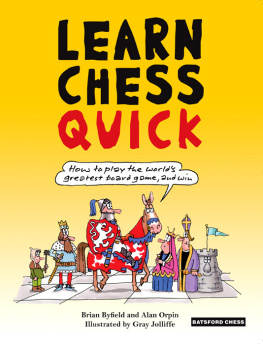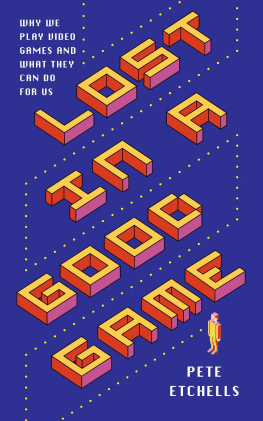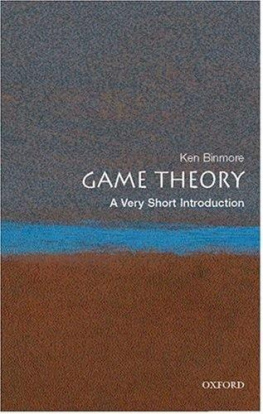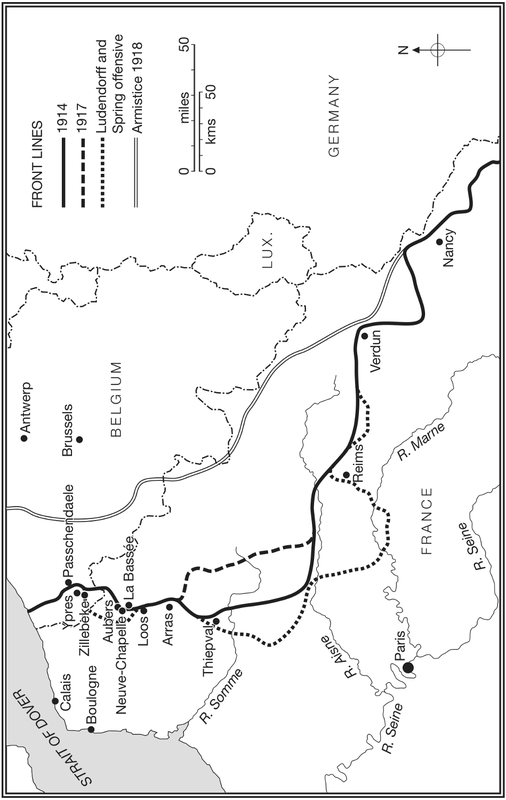So come and join the forces as your fathers did before.
For your King and Country both need you so.
When you come back again.
Your King and Country Want You (words and music by Paul A. Rubens). Popular recruiting song, 1914
NEAR LOOS, FRANCE
SATURDAY, 25 SEPTEMBER 1915
S hortly before dawn along six and a half miles of front-line emplacements, British soldiers pushed scaling ladders up against the face of the trenches and prepared to go over the top.
Four days of incessant artillery bombardment had turned the terrain into a savage and brutal wasteland. Now, as men checked their rifles, tightened the webbing on their belts and muttered a last prayer, clouds of chlorine gas released, for the first time during the war, from 5,000 cylinders hung over the charnel fields of no mans land. Gradually it drifted back towards then over the British front line. Many men, unaccustomed to the crude and cumbersome gas helmets, were slow to tuck them in below the necks of their tunics: they fell backwards, choking on the poisonous clouds.
In the trench occupied by the 1st Battalion, London Irish Rifles, Lieutenant S. F. Major was about to blow his whistle to signal the attack. Before he could put it to his lips he saw, with astonishment, the actions of one of his men. Rifleman No.1751 Frank Edwards fumbled in his haversack then cautiously drew out a deflated leather football. He put the bladder to his mouth and calmly began to blow up the football, as though, as a contemporary account recorded, the matter-in-hand was going to be a cup-tie!
When Lieutenant Major ordered his men over the top a few seconds later, Rifleman Edwards lobbed the ball over the top of the trench: he then leapt after it and he and three other privates proceeded to kick and dribble the football through the chlorine fog towards the German lines. Around them, as they disappeared into the murk, machine-gun bullets flew and shells exploded.
The Battle of Loos was the biggest push of the war thus far. It was also a military disaster. The initial 12 attacking battalions suffered 8,000 casualties out of 10,000 men in the space of just four hours. For many of the London Irish who kicked and passed Rifleman Edwardss football it was the last game they played. Edwards himself failed to reach the enemy lines, going down wounded and only surviving thanks to an emergency tourniquet applied amid the carnage by a fellow private.
When the losses were finally counted the British had suffered 48,367 casualties in the main attack and 10,880 in the subsidiary attack, a total of 59,247. The death toll at Loos exceeded those of any previous battle: 385 officers and 7,861 enlisted men were killed. But by then it hardly mattered. A legend the Footballer of Loos had been born and, within the month, was published in the London press.
It was a story which would be repeated many times in other theatres of the war, with other heroic infantrymen from with other regiments dribbling footballs towards voracious German machine guns, before the final whistle of the 1918 armistice blew full time on the Great War.
It was a story which encapsulated and spoke to innate and deeply held beliefs that the British soldier was inherently braver and more admirable than his German counterpart. And at the heart of this assumption was sport.
Our soldiers are individual. They embark upon little individual enterprises. The German is not so clever at these devices He has not played individual games. Football, which develops individuality, has only been introduced into Germany in comparatively recent times.
A LFRED H ARMSWORTH, L ORD N ORTHCLIFFE
(N EWSPAPER P ROPRIETOR )
T his is a book about the First World War. It is a book which tells individual stories of remarkable sportsmen men who were heroes in a way that their counterparts today have, perhaps, forgotten how to be.
Imagine the reaction your own as well as that of newspapers and television were the most prominent stars in sport to exchange their football or rugby shirts for army uniforms; if Wayne Rooney, Jonny Wilkinson, Andy Murray and Alastair Cook volunteered to serve indefinitely in Afghanistan or Iraq.
A century ago the brightest sporting stars of their generation did just that. Thousands of sports stars rallied to their countrys colours; many never returned from the mechanised carnage of the Great War. The names of Walter Tull, Edgar Mobbs, Tony Wilding and Percy Jeeves are unfamiliar today lost in the terrible lists of the dead of the First World War. But they belong among the pantheon of true British sporting heroes. All were at the top of their game; all made the ultimate sacrifice in the greatest game of all war.
Of almost nine million British Empire soldiers mobilised during the four long years of the Great War, around one in eight 1.1 million individuals were killed in battle or were posted as missing, presumed dead. Another two million were wounded. On the front line, one in five perished. Yet no one knows exactly how many sportsmen were among the terrible and seemingly endless lists of the dead. Even for the forerunners of modern international sports celebrities men whose names were as familiar to the early twentieth-century public as Rooney and Wilkinson are today there is often little precise information (in some cases none at all) about their sacrifice. All too often their bodies were never found either blown to smithereens by the appalling technology of artillery or unrecovered from the all-consuming mud of Picardy and Flanders.
Instead we have glimpses of them and hundreds of thousands of their team-mates who swapped Britains sports fields for the devastated lands of France and Belgium or the blood-soaked beaches of the Dardanelles. Tottenham Hotspur FC staff enrolled and fought together from 1915, and the deaths of 11 of them were recorded in the clubs handbook after the war.
Heart of Midlothian and Leyton Orient signed up en masse, respectively to the 16th Royal Scots (known as McCraes Battalion) and the 17th Middlesex Regiment (the Footballers Battalion). Newcastle United lost seven men, the same number as Hearts, three of whose players Harry Wattie, Duncan Currie and Ernie Ellis died on 1 July 1916 alone, the opening day of the Battle of the Somme.
Cricket suffered a disproportionate number of deaths almost one in six who went to war. At least 34 first-class players were killed among 210 county players who served. Rugby union a sport which has always prided itself on valuing loyalty and sacrifice was a standard-bearer for the war effort; by the end of November 1914, every England international player from the past season had signed up for service in France.
But there were other, perhaps less obvious, sports which gave to the cause, and not just from the ranks of players in the British Isles. Tennis lost its greatest player New Zealand legend Tony Wilding while American football and ice hockeys brightest star, Hobey Baker, was extinguished after fighting daring aerial battles with the German air ace Manfred von Richthofen also known as the Red Baron.
Their stories are told here, their sacrifice pulled from the fog and pain of world war to represent the heroism of all those who gave their lives, but in particular all the sportsmen who heard the final whistle in the terrible carnage of that conflict.

